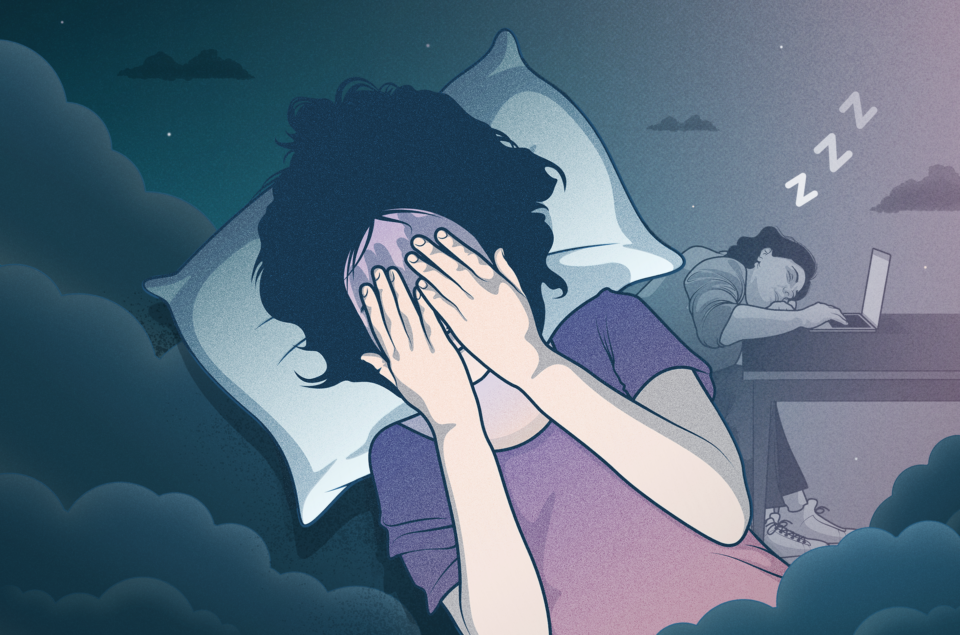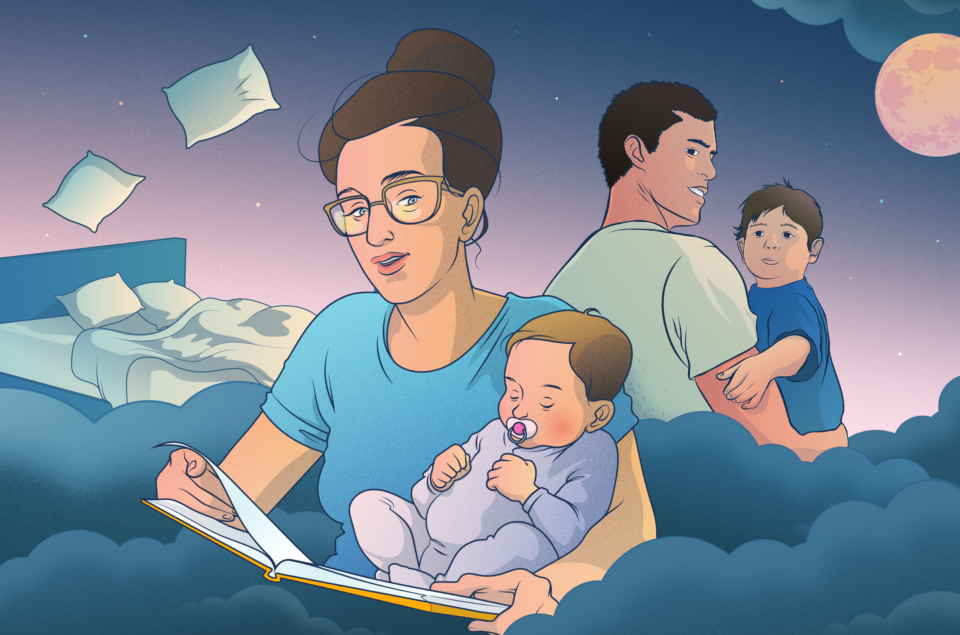Once upon a time, it’s pretty certain you enjoyed a bedtime story. I know I did. Tucked up snug and warm with a tummy full of delicious hot chocolate, my Mum would recount some wondrous tale as my eyelids grew heavier and the Land of Nod beckoned. If that sounds familiar, you may be interested to hear that the bedtime story has made a dramatic return. But this time it’s Mum and Dad who’ll be drifting off.
The bedtime story. Just how old is this concept? There is evidence to suggest that early man huddled together around the fires that offered safety from predators and recounted the day’s hunt. Through medieval times and stories of gallantry in battle to the metaphorically heavy tales of Hans-Christian Andersen and the Brothers Grimm, we’ve listened with wide-eyed fascination.
Fast forward to today, if you ask your Mum (or Dad) what the point of those childhood bedtime stories was, they’ll tell you one thing – to get you to sleep asap! Those tales were woven to be calming and relaxing, helping us forget the real world and enter the realm of sleep. Well, it may not come as a surprise but those basic principles are the same when we’re adults.
Interrupting the sleep paradox
Despite its rather innocent nature, the bedtime story is based on what would now be called a disruptive idea – it interrupts what is known as the Sleep Paradox. This describes the paradoxical fact that sleep comes more easily when we don’t force it. Everyone is familiar with that ‘must sleep’ feeling. When you’re consciously trying to force your body and mind to shut down for the night. We all know how that works out, don’t we? The fantastic thing about the bedtime story is that it helps us get in the right mindset for sleep – which is to not think about sleeping! By focusing on the unfolding tale, we forget that we need to sleep, relax and hey presto before we know it that familiar, welcome drowsiness is upon us.
It’s an established fact that screentime before bedtime is a big no-no. How well we sleep is heavily dependent on how resilient we are in the face of the temptation from Twitter, Instagram, Facebook and an ever increasing number of sensory bloodsuckers. You’ll be pleased to hear that the primary weapon in your counter strike is nothing more complex than the spoken word. With this in mind, it’s entirely logical that the rise of the audiobook as a preferred source of pre-sleep entertainment has been meteoric – and it’s a rise that’s backed up by science.
Shut down, naturally
Hearing – in this case, listening to someone’s voice – is one of the last senses to shut down before we sleep. For this reason, the bedtime story represents a natural way of switching off that’s more in sync with our physiology. So by listening to an audio file, we’re preparing the mind and body for sleep in a more seamless manner. It’s also been speculated that by choosing sound over visual entertainment, we stimulate our brains in a way that evokes warm childhood memories.
Choose your bedtime story with care
Considering the points above, it’s no surprise that the audiobooks industry is now worth hundreds of millions of dollars. For a small price, ears and imaginations are gently massaged by the smooth tones of our favorite actors and actresses as they present another spellbinding, nail-biting tale. Now that’s all well and good but here we have to exercise a note of caution – choose your bedtime story carefully. Unsurprisingly, the most popular audiobooks are thrillers and crime stories. Exciting though they might be, you should perhaps consider something a little less dramatic if you’re using the ‘bedtime story’ for relaxation and sleep purposes. The idea is to lower your pulse, not send it skywards!
Stimulating more creative sleep
Experts recommend stories that unfold with a more relaxed tempo. If it includes ambient sounds and tones, all the better. Again, there is scientific reasoning behind our choice of listening material. Because we dream in pictures not words, the right subject matter presented in the right way creates a pathway to creative dreaming. With this in mind, anything we can do to gently stimulate our imagination before sleep is positive.
If you’re over a certain age, it could be a stretch to get your parents to do it for you. But supported by scientific reasoning and the research of sleep specialists, there’s no doubt – the bedtime story still does its job whether you’re 8 or 80.










